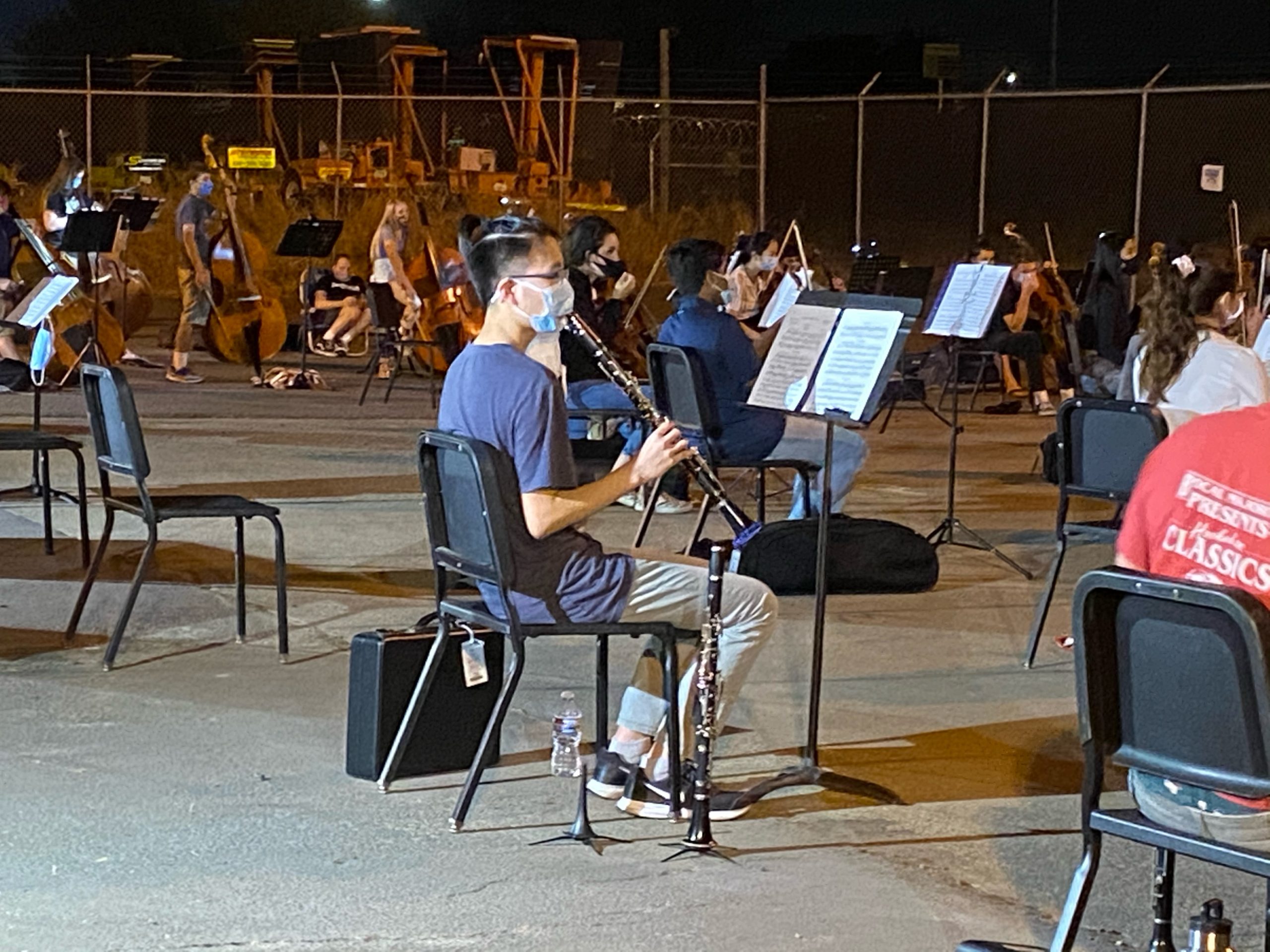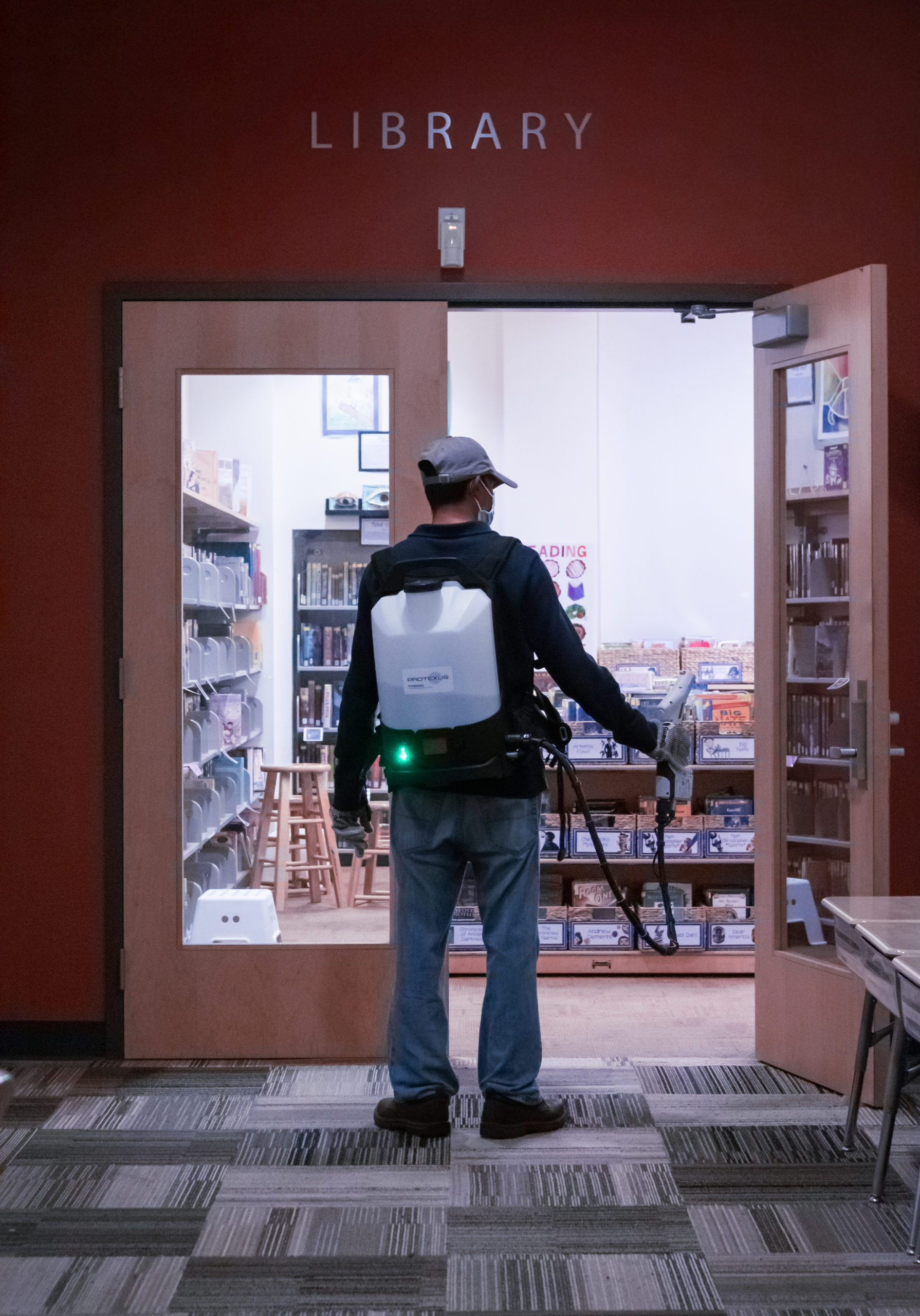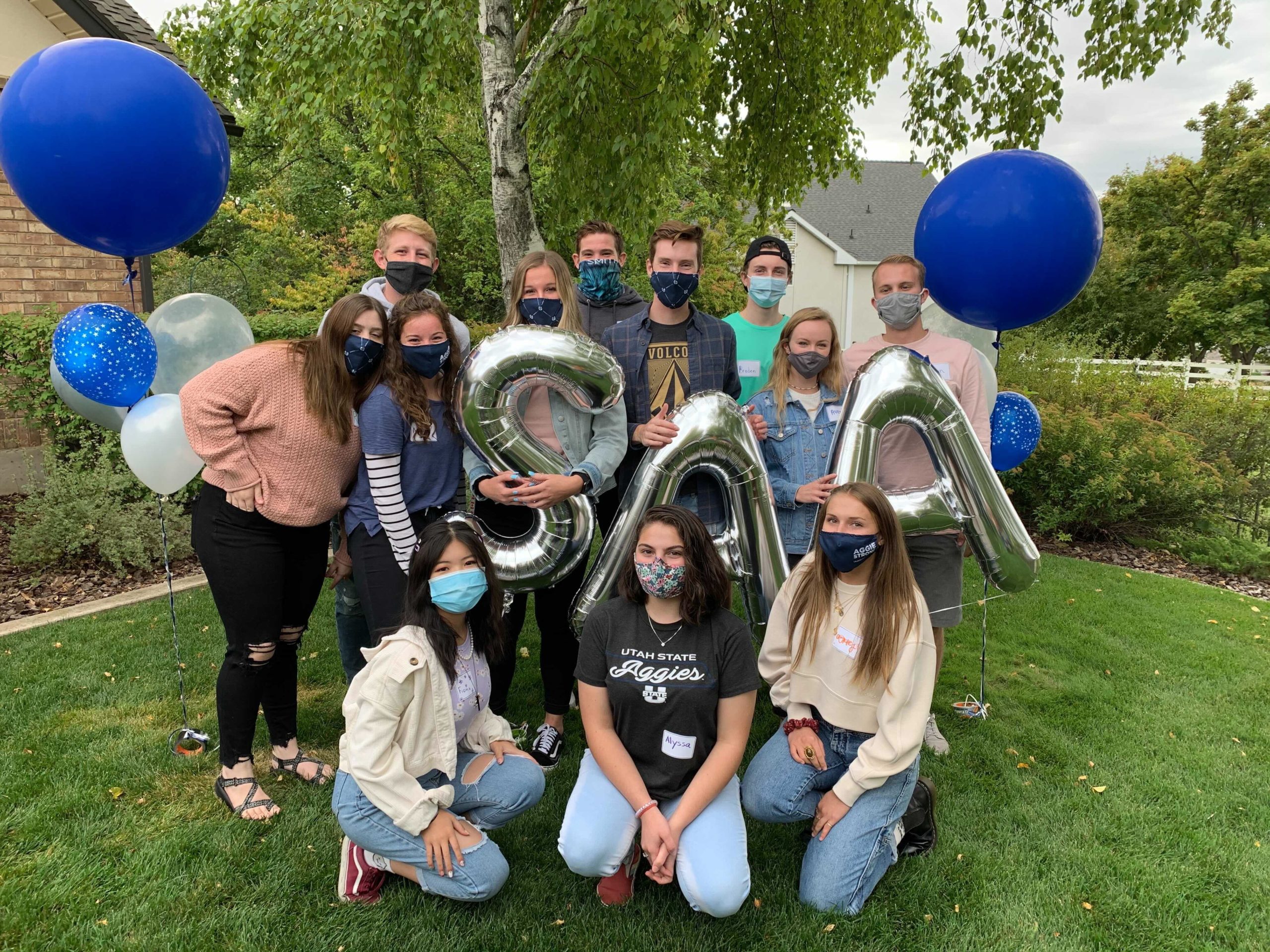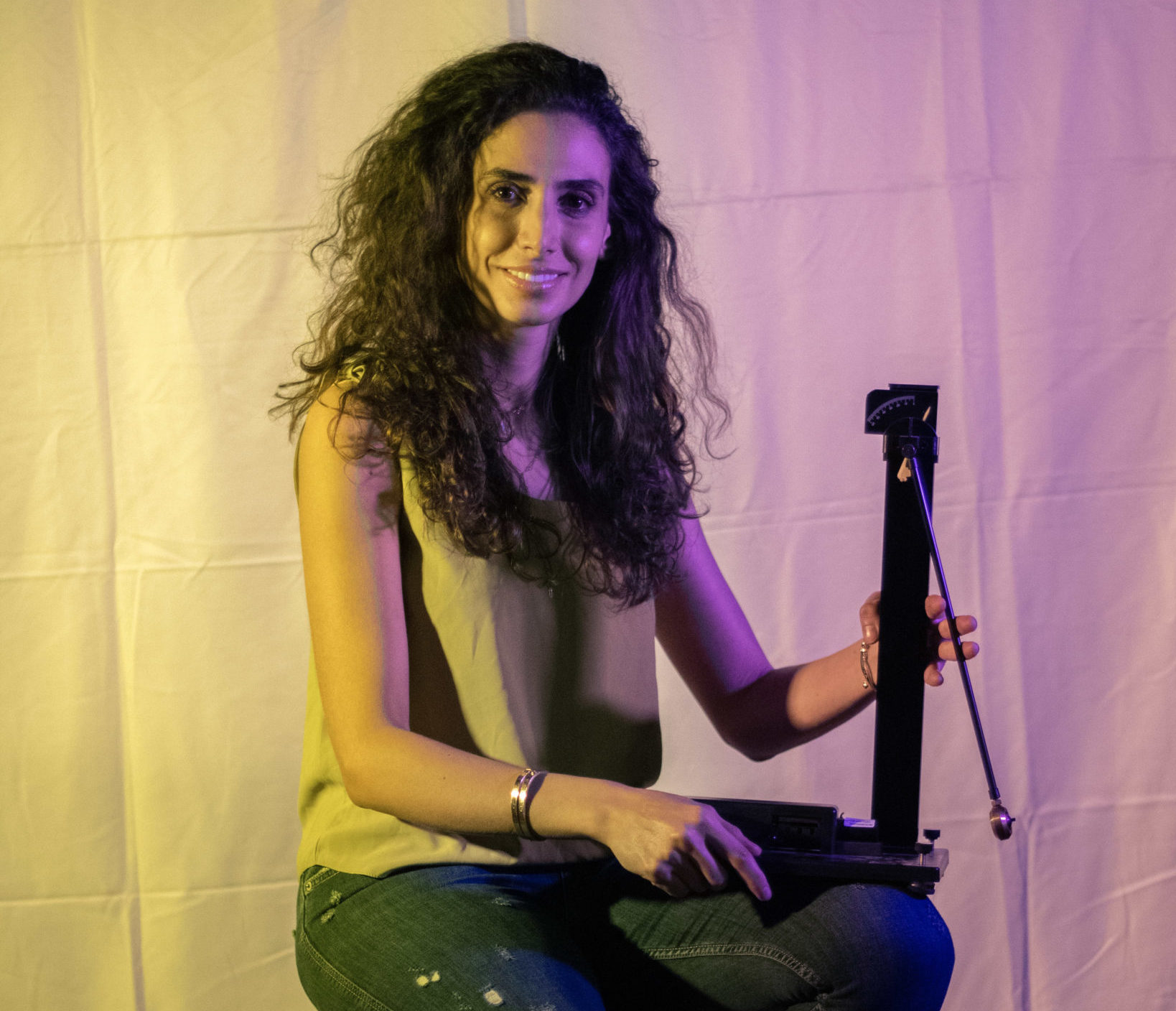Wide open plains to the left, a mountain to the right, and a bollard on the side of a highway: To most, this scene could be from anywhere in the world. Without a pause, freshman Henry Reynen zooms in on his target and clicks: a southwestern area of Malaysia. He’s half a mile off — an outstanding guess in the world of GeoGuessr.
In GeoGuessr, an online video game, players are placed in a random global location using Google Earth’s street-view software. They must attempt to guess the precise location as closely as possible using geography knowledge and the ability to recognize details such as telephone poles, trees, and cars. Reynen was ranked No. 7 globally in GeoGuessr.
“My peak is No. 7, but right now, I’m about No. 30 in the world. I’m No. 5 in the United States, though,” Reynen said. Globally, there are around 80 million GeoGuessr players. The game includes a competitive aspect, which is where Reynen excels.
“You play against someone, and both of you start with 6,000 hit points. If you guess closer to the location you are placed at than they do, you take some of their health. Whoever lowers the other person’s health to zero first, wins,” he said.
Reynen started playing competitively around January 2023. It took him about a year and a half to reach the international top 100. For each guess, the person farther away from the target location loses points. The points lost are calculated by the distance from the correct location and combined with a round-based multiplier.
The GeoGuessr leaderboard uses Elo, a ranking system that takes into account the players’ wins and losses and the strength of the players they compete against, according to GameTree, a social connection website for gamers.
“When you win, you gain Elo. If I beat someone my level, I gain about 16 Elo. But if I beat someone 200 ranks below me, I only gain seven Elo,” Reynen said. “Same with ranks higher than mine; If I beat someone above me, I gain more, like 25 Elo.”
Essentially, Elo rewards lower-ranked players for beating higher-ranked players. On the contrary, higher-ranked players get lesser rewards when beating lower-ranked players. Each week, players compete to make it to the next league. A percentage of the top players in each league move up to the next league at the end of the week.
In order to play GeoGuessr competitively, players must know how to quickly identify a location. “Players use a lot of things — road lines, poles, bollards, the Google car, the type of camera they used, people, architecture, really anything,” he said. “There’s also a lot of niche things like trees or copyright, which is when the photo was taken.”
Distinguishing between countries is another complex aspect of the game. Reynen said the details used to determine the location are called ‘meta,’ in which people create documents for each place. Reynen improves his GeoGuessr skills by inventing his own meta.
“For example, there is a Mongolian document that has all the Mongolian meta compiled, and it’s two hundred pages long,” he said. “People make these documents, and then they share them with other people. Then other people learn all that stuff, and then they memorize it as well.”
After deciding what country the camera is in, players must narrow down the region. Reynen uses details such as the species of the trees to decide where he is. “The Siberian larch is found all throughout Siberia, mainly in central Siberia, for example,” he said.
Once players learn to recognize where they are placed, they must learn different winning strategies. “There are a lot of strategies,” Reynen said. “Lots of people like to hedge. Let’s say you don’t know whether it’s Italy or Greece. You would click on the body of water between them. That’s called hedging.” Clicking in between two probable locations allows a player to get a higher score on average, as opposed to selecting only one.
Another strategy Reynen uses is guessing instantly if he knows the exact location. In GeoGuessr, when one player guesses, the other only has 15 seconds to guess afterward. This can throw the other player off and cause them to make a bad guess. Often, though, Reynen takes his time while guessing to narrow down the location and ensure accuracy. Reynen also uses other tactics such as looking at vehicle license plates to determine the country or region.
He outlined potential ways he could use the knowledge he gained from playing GeoGuessr extensively. “I would like to go into foreign affairs — that would be cool. Or, honestly, just live in another country when I grow up,” he said.
Reynen also described the potential of winning internationally. “When you’re 18, you can compete in the GeoGuessr World Cup. If you win, I think the prize is $20,000. Second place gets $10,000, etc.,” he said. However, Reynen doesn’t play for the potential to earn money.
“GeoGuessr is fun. I like geography. I’ve always liked geography. I’ve always been interested, and I like memorization,” Reynen said. “I like playing and seeing how I improve.”





